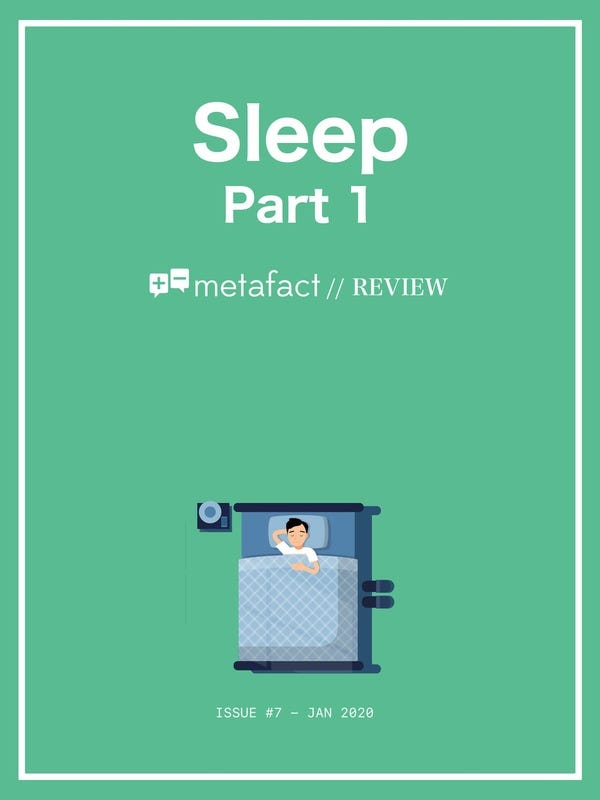Are children getting less sleep than previous generations?
Hello everyone,
Generation Z have been dubbed ‘digital natives’ because they are the first generation to grow up surrounded by the internet, social media, and mobile devices. A large scale study in the USA found that teenagers are on their screens for over 7 hours a day, not including the time spent doing school or homework. Although there are many advantages to these new technologies, there are concerns that young generations may suffer side effects, one of which is reduced sleep. Do children nowadays get less sleep than their parents and grandparents? And is this because of increased screen time? We asked 14 experts in sleep research, psychology and paediatrics, ‘Are children getting less sleep than previous generations?’, here is what they said…
EXPERT CONSENSUS
Are children getting less sleep than previous generations?
13 out of 14 experts say ‘yes’
Are children getting less sleep than previous generations?
Dr Cele Richardson, a sleep research expert from Western Australia University, says “data from a nationally representative survey of adolescents in the USA suggests that the proportion of adolescents regularly obtaining less than 7 hours of sleep increased from 1995 to 2012” This data is drawn from a national yearly survey which asked adolescents how often they got more than 7 hours of sleep. Although the survey found differences between adolescents from different demographic groups, they overall found a decline with the largest changes occurring between 1991-1995 and 1996-2000.
This study is not the only one that shows that children are getting less sleep than they used to. Professor Lauren Daniel, an expert in psychology and health sciences from Rutgers University in the USA, says “There have been several reviews of existing and historical reports of child sleep that have all concluded that child and adolescent sleep times decline in small but significant amounts each year.” She refers to three additional studies from 2003, 2012 and 2017. The 2012 study included data from over 690,000 children across 20 countries and similarly found demographic differences between the subjects but an overall consistent rapid decline in sleep duration from 1905 to 2008.
Should we be worried that children are sleeping less?
So, children are getting less sleep than previous generations did, but are they still getting enough? Dr Richardson thinks not, she says “A meta-analysis of 41 surveys published from 1999 to 2010, showed that average school night sleep duration was insufficient (i.e., <8 h) in 53% of adolescent samples”
It is widely accepted that insufficient sleep has many negative health effects. Dr Stefano Eleuteri, an expert in psychology and sleep research from Sapienza University in Rome, Italy, says “children who sleep poorly are more anxious and stressed, can have greater difficulties in organising themselves and doing their homework; they are often less careful and creative… in general, sleep disorders are also associated with a reduction in sporting activity, a greater risk of obesity and overweight and a higher illness probability due to a less reactive immune system.”
Dr Joanna MacLean, a paediatrics expert from Alberta University in the USA, says “Shorter sleep duration in young children is associated with an increased risk for later obesity - the obesity epidemic may also, in part, be driven by this concerning trend to short sleep duration in children.”
Why are children sleeping less?
There are many factors that contribute to children sleeping less than they used to, some which have arisen more recently than others. Dr MacLean says “The advent of electric lights meant that it was easier to continue tasks after dark. School schedules have gradually shifted to earlier start times with children with two working parents using before and after school care as well. Children requiring busing to school may have long journeys. School crowding has resulted in staggered start times with earlier start times for some children. Limits on recreational space availability also means extracurricular activities are pushed back resulting in later bedtimes.”
A more recent factor is the advent of smart phones, tablets and laptops. Dr MacLean says “Screens are smaller, more ubiquitous, and associated with shorter sleep duration.” Dr Flavia Giannotti, an expert in sleep research from Sapienza University in Italy, agrees that technology plays an important role. She says “increased use of electronic devices at bedtime determine a shift towards poorer sleep, characterised by late bedtime, long sleep onset latency, and short sleep duration. It has been suggested that media use can affect sleep through different mechanisms: directly delaying sleep time or increasing mental and emotional physiological arousals.”
How can children and adolescents get more sleep?
If children are struggling to get to sleep, what can they do to get more hours? Dr Eleuteri offers some advice, saying “In order to maintain a good sleep hygiene it’s important to establish a correct and constant sleep routine going to bed and waking up more or less at the same hour everyday; dinner must end at least two hours before bedtime, not too intense exercise late at night.”
He goes on to tackle the issue of screen time, saying that “Children should be taught the importance of learning how to relax before sleeping, abandoning worries and stress and, above all, electronic devices: in children's room, television, computer, tablet or mobile phone should be turned off and not on stand-by mode. The use of mobile phones in bed must be monitored, it should be used only up to an hour before sleeping.”
The takeaway:
Children are getting less sleep than previous generations, this is partly due to increased access to screens.
May the facts be with you!
Eva
Is insomnia permanent ?
Learn more about sleep with our TWO deep-diving reviews (Part 1, Part 2)
Support us!
If you like our newsletters you can make a donation to support our work here at Metafact.
Verified by Metafact is a reader-supported publication. To receive new posts and support my work, consider becoming a free or paid subscriber.

